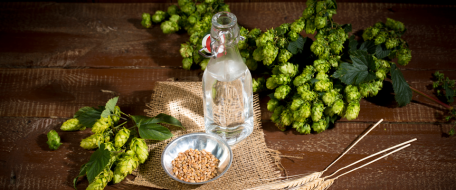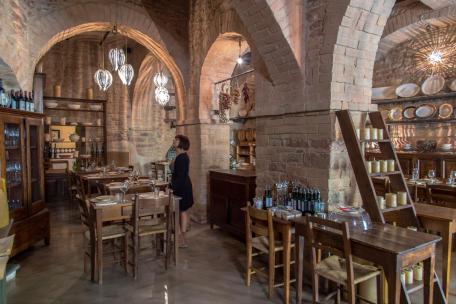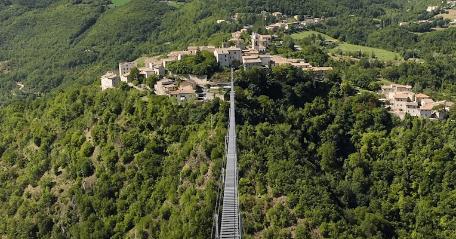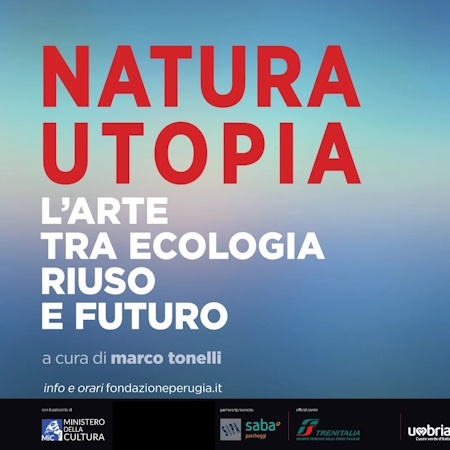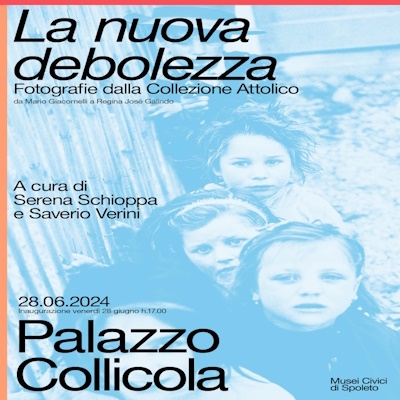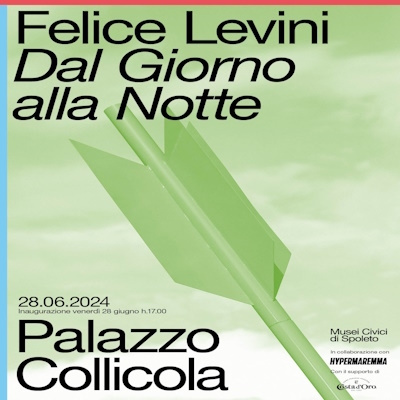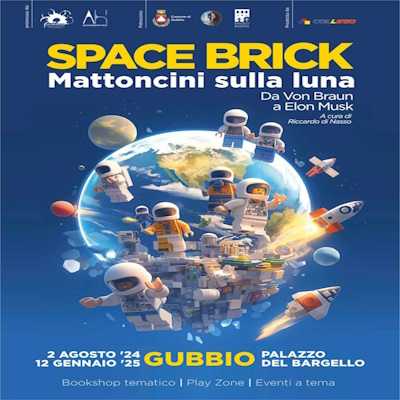Tradition is the basis of Umbrian cuisine, with dishes that are not always poor or popular. Little influenced by neighbouring regions, it is based essentially on meat and products of the earth, which are used both for great occasions and in daily meals. It is a simple cooking, with processes that are generally not too elaborate and that enhance the flavours of the raw materials.
The roots of Umbrian cuisine lie in the civilization of the Umbrians and Romans, with frequent use of legumes and cereals. The typology can be divided into three large areas that, roughly, correspond to the cultural areas of the region. Typical is the processing of pork and the production of cold cuts, particularly in the area of Norcia, hence the Italian term "norcino" to indicate the producer and seller of cold cuts. Other "noble" ingredients that are often used in Umbrian flavours are truffles and extra-virgin olive oil: Umbrian cuisine cannot do without the latter.














